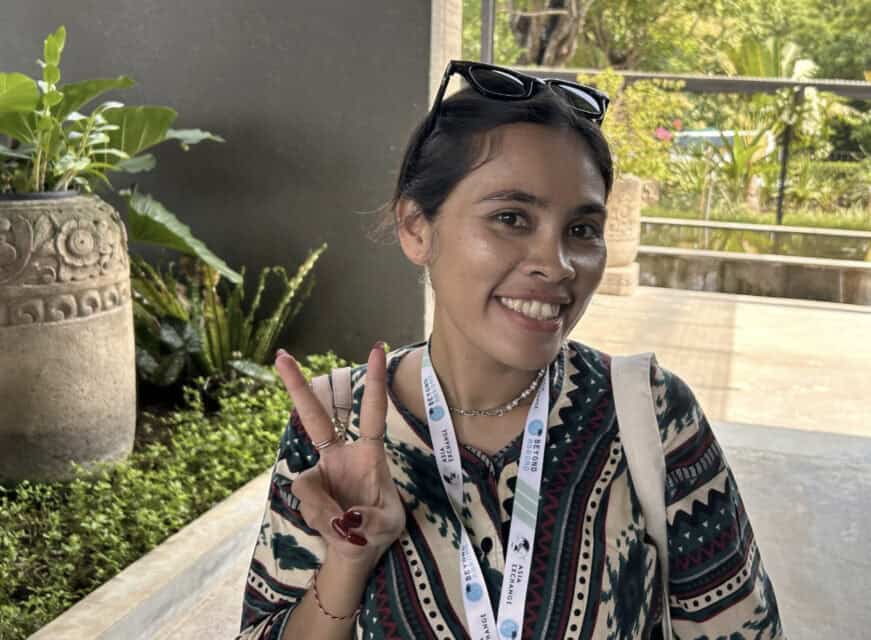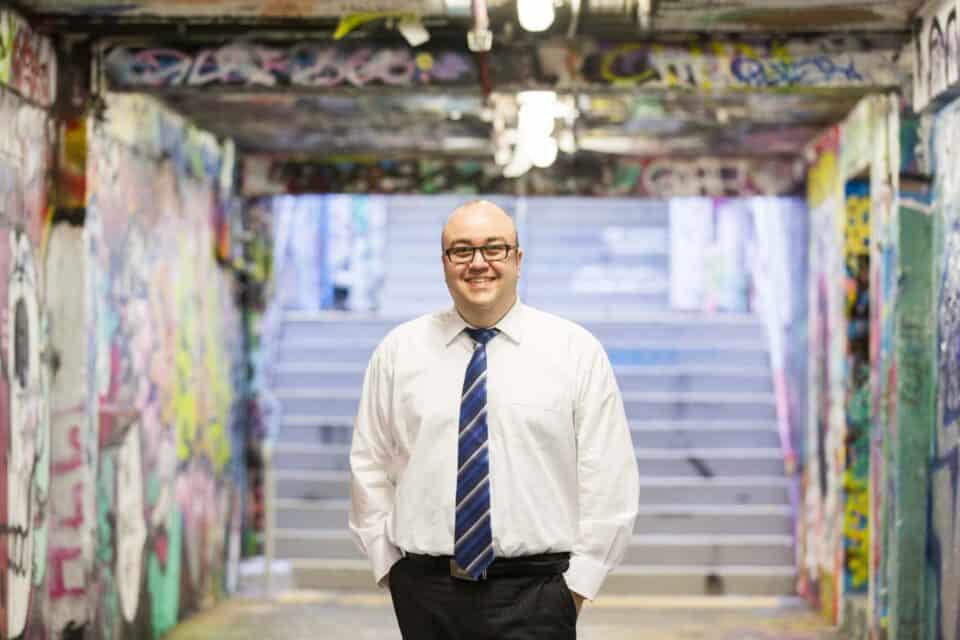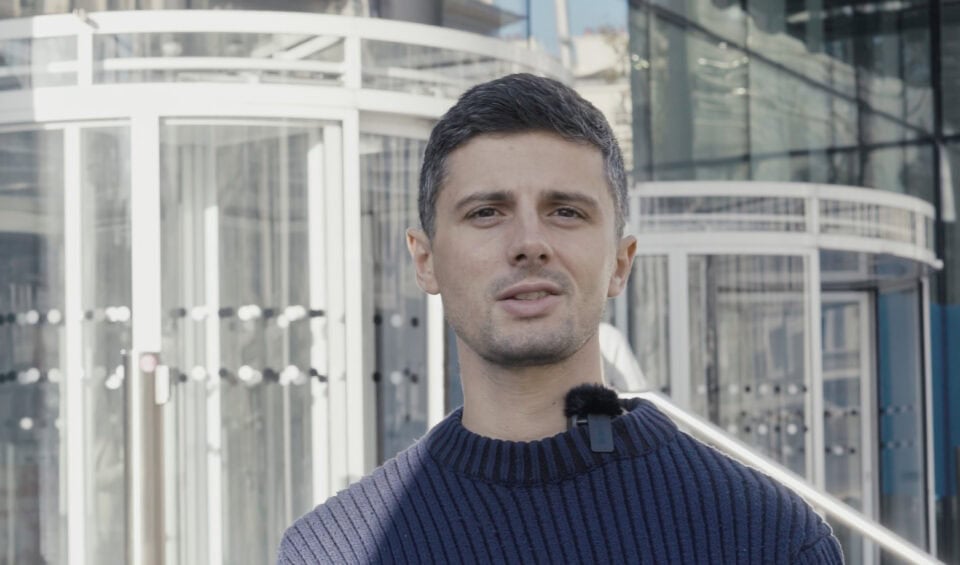CIBT Education Group owns and operates a global network of business, technical and language colleges. Founder Toby Chu spoke with The PIE News about China, going public, and the company’s use of video conferencing technology in Asia.
The PIE: You’ve been operating since 1994 and were recently named the 34th fastest growing Canadian company by Profit magazine. How did it all start?
TC: I was born in Hong Kong but I came to Canada in 1972. The first time I went to mainland China was 1979. I was 19 and was intrigued because I’d never seen so many people in my life.
When I visited China for the second time to sell computers for my own IT business in 1989 I saw the ups and downs of this huge economy. It was the year of Tiananmen Square so I saw that there was an opportunity but also a lot of risk. Equipment tended to fall off the back of the truck and you often didn’t get paid even though you delivered the goods. So I started offering IT training in 1994 which was different. I didn’t have inventory, I didn’t have a lot of assets I needed to build out. And I pretty much got paid before they started.
As it turns out it didn’t work that well so by 1995 we had a change of model. We approached City University of Seattle – who were one of the largest MBA degree providers in North America at the time – and started offering those in China. We pretty much hit a pot of gold. We became one of the largest MBA programmes in China.
The PIE: When did you start offering undergraduate degrees and professional training?
TC: In 2005 we saw that in order for us to grow further we needed to go down the totem pole and launch the undergrad programmes. They were very popular and we were one of the first few groups to start the 2+2 arrangement or 1+3 where students studied two years in China and the final two years with our academic partners overseas.
“We started offering MBAs in China in 1994. We pretty much hit a pot of gold”
By 2007 we felt that the market was changing. More migrants were moving toward the coastal cities in China like Shanghai, Beijing and Guangxi. A lot of these workers simply do not have the potential to go for their undergrad degrees so we started moving toward career development. I came to Canada and purchased Sprott-Shaw Community College – one of the largest careers schools in Canada.
The PIE: And then English language training came on board?
TC: In order to improve the quality of English skills of our applicants to the degree and career diploma programmes I came back to Canada and purchased King George International College, one of the largest ESL schools in Canada. After we acquired them I built the entire base. Now English language is the largest volume of our business.
The PIE: Much of your success depends on technology. How did you develop the Global Learning Network?
TC: I looked at the problems of how to deliver quality Western education to Asia. SARS, H1N1, the earthquake in Japan – all of these are reasons for foreign teachers to avoid Asia. So we looked to technology. We took video conferencing technology combined with education and made the Global Learning Network. We took the concept of broadcasting to audiences from CNN, NBC and BBC and made it two-way interactive.
“We took video conferencing technology combined with education and made the Global Learning Network”
But just having the studio wasn’t good enough. We needed a classroom at the receiving end that was fully interactive. We added a tutor to the remote classroom because when you have a foreign teacher teaching students over there the psychological barrier will always exist. You have to have somebody there to make up the atmosphere, to get the students involved.
The PIE: You’ve built your company on the philosophy of bringing western education to the East. How will that develop in the future?[More>>]
TC: That’s the model we will absolutely stick with. Our competitors in China or even in India and Vietnam emphasise price. Our emphasis is on quality and delivering western education using western teachers. At this time it’s Asia but we’re expanding into the Middle East because of so much government funding and more parents eager to send students abroad because of the political situation. And South America through Brazil and Mexico where the middle-income market is growing.
The PIE: Do your students come to Canada as well?
TC: We always emphasise furthering students’ experience. Compared to other Chinese programmes where once you’ve finished the course that’s it, with us there’s a student visa, transport, airport pickup and credit transferability at the end. We’re able to bring them in because we have the actual infrastructure and brick and mortar schools here.
“At this time it’s Asia but we’re expanding into the Middle East and South America”
The PIE: Any plans to bring eastern education to the West?
TC: In Vancouver we’re already expecting full classes for Mandarin in September. There’s a demand from the market here from many Asian families as well as the local mainstream markets. Our video conferencing classrooms are two-way. We can easily turn it around with teachers from over there and students here.
The PIE: What’s it like to be a publicly traded company in the education industry?
TC: It’s a double-edged sword. In order to get the capital required I had to go to the public market to risk capital. It served us well and we’ve undergone a number of acquisitions that allowed us to grow with public money. But over the last three years, particularly after the global economic crisis and the credit crunch for US student loans, education stock has been greatly affected. But like stock in any other industry it’ll turn around. Education is a very reliable business. Even though the economy is bad I don’t see a lot of parents kicking their kids out of school.
“In Vancouver we’re already expecting full classes for Mandarin in September”
The PIE: What advice would you offer other professionals in the international education field?
TC: My view of international marketing and expansion is that it’s always unlimited with huge potential but be prepared for the long haul. The cost is phenomenal and you must embrace technology at the very early stages and learn from it and better it. Time zones, the people, the travelling all have a high burn rate. Without the technological supplement, fighting costs, politics and cultural differences all become tougher battles. We aren’t affected by economic crisis or epidemics in one single country because we have penetrated different markets. And it has helped that at least 80% of management staff are either bilingual or trilingual.










